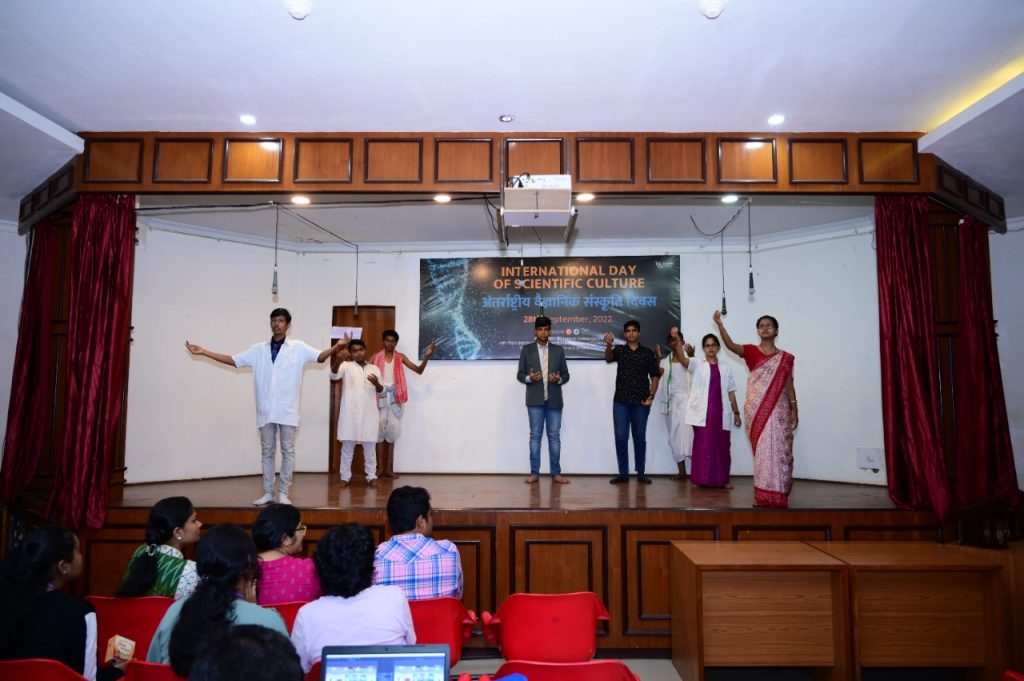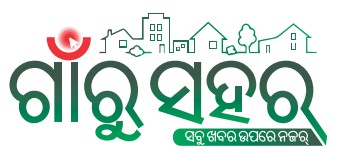Bhubaneswar: Regional Science Centre, Bhubaneswar today, 28th September, 2022 celebrated International Day of Scientific Culture (IDSC) at its premises. It commenced from 10:30AM and continued well up to 1:30PM. It is being celebrated since 2020 by the institutions engaged in popularising science. IDSC aims to increase awareness of the significance of scientific culture in contemporary society and to appreciate the institutions and activities that afford people the opportunity to integrate science into their daily life.
As a part of the celebrations a panel discussion was organised on the topic- Scientific Culture- ‘Need of the hour’. In inaugural address, Shri Soumen Ghosh, Project Coordinator, enlightened his view how science centres play pivotal role in harnessing or promoting culture of science in society. Distinguished panellist Prof. P.C. Agarwal emphasising on fostering culture of science in education and National Education Policy (2020) has enough provision to promote scientific temperament and critical thinking. Sh. Subrat Kumar Pati, independent journalist emphasised on the communicating science in a jargon free layman’s language to obtain essence of science in grass-root level. Dr. Sanghamitra Pati narrated the story how science entered into the drawing room to dining table due to invisible tiny virus last two years. She also emphasised to promote culture of science to achieve the goal set for public health. In a pep talk, Prof. Bedangadas Mohanty stressed on convergent and divergent thinking approach, what scientist practice as a research methodology and that leads scientific or technological invention.

Following the panel discussion, there was an interaction session during which students asked a wide range of inquiries. Shri Himansu Sekhar Satpathy offered the final, concluding vote of thanks. A Nukkad Natak performed by Ruchika Social Service Organisation, based on the theme of ‘Beware Before’ and Vivekananda Shiksha Kendra, Bhubaneswar based on the theme ‘Light of hope’ for conveying important information about the event to the audience and to highlight the need of cultural inputs for the benefit of science communication and education. For the benefit of the student community, we will continue to host additional events of this nature in the future.

